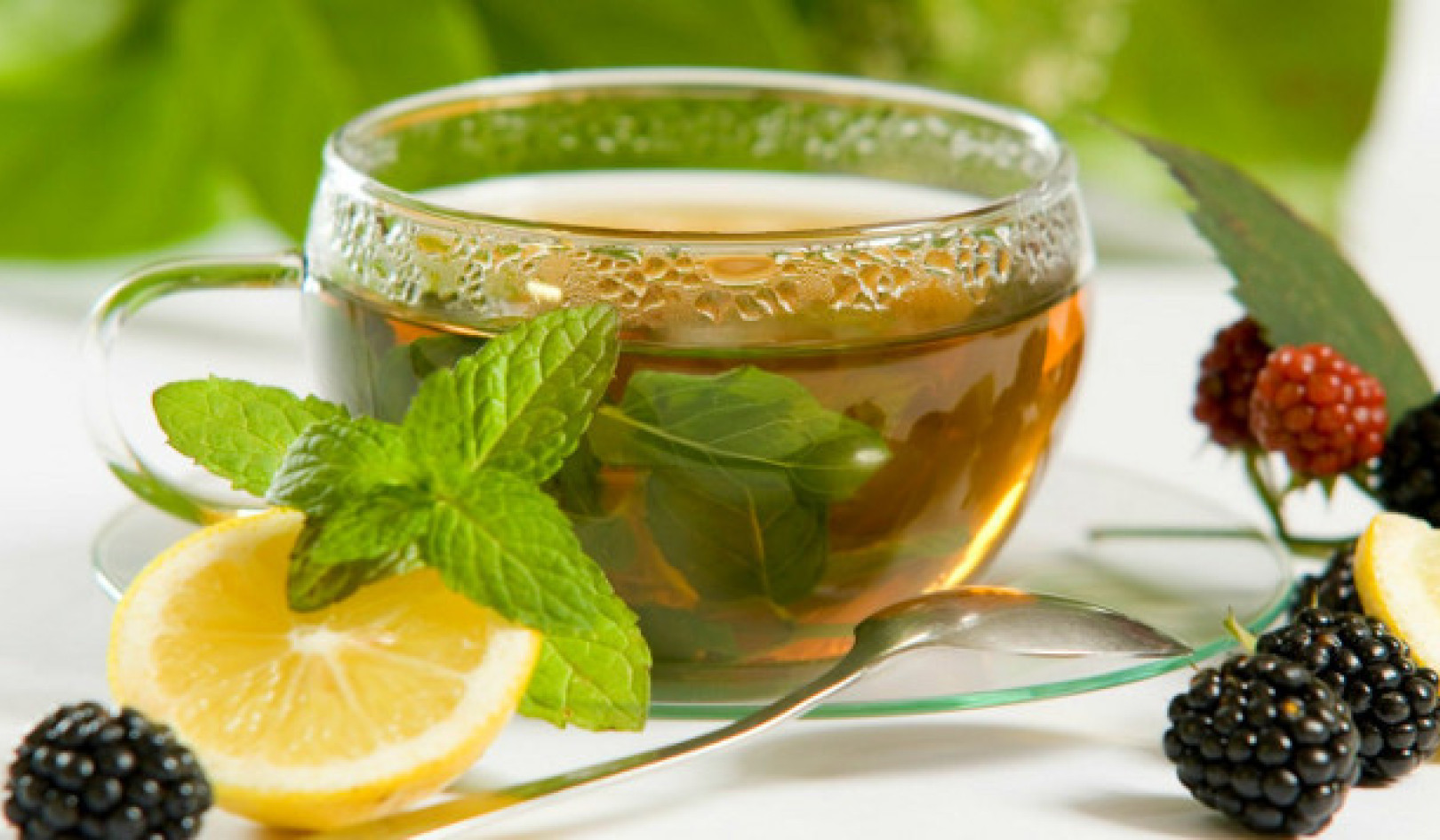
It's painful to deal with our feelings, and human beings tend to avoid painful experiences. However, full healing can take place only when the mental and emotional aspects of illness are addressed. Anger, fear, and anxiety are typically stored and expressed in the gut. This is clearly evident in our language — think about common sayings such as "his guts were churning with anxiety" and "her stomach clenched in fear?'
As a nutritionist, I try to look at my own rituals to figure out how to help my clients beat old habits and shape new ones. As a teenager, I would hide cookies in my clothes hamper like a squirrel and eat them when I got upset. One day, at the age of twenty-eight, I realized this habit was self-destructive and I was able to stop hiding food. This was a decision only I could make — all the cajoling and threats from my family or boyfriends couldn't make me stop.
Identifying what is destructive about the behavior, and understanding why a person might be forming a negative habit, helps to clarify how it can be stopped. Positive reinforcements are helpful for some people. For others, it doesn't matter if you offer them all the rewards in the world — they need to give up habits on their own terms.
Eating For Comfort Versus Eating To Heal
Emotional healing is the hardest thing to face because it isn't tangible or quantifiable. You may have to address the fact that you're eating extra food for comfort or out of boredom. Some foods may have seemingly addictive qualities. For example, when you eat tempting foods like chocolate, your body releases trace amounts of mood- and satisfaction-elevating hormones. This may reinforce a preference for foods that are closely associated with specific feelings. The pleasure of eating also briefly allows us to escape feelings of negativity.
Refined food lacks the hundreds of nutrients your brain needs to function correctly. However, nutritional deficiencies aren't the only factors that can affect your mood and behavior. It's critical for you to also avoid foods that you are allergic to or intolerant of, such as wheat, sugar, or dairy. Carl C. Pfeiffer, M.D. writes, "Since the [brain] is perhaps the most delicate organ of the body, it should be no surprise that allergies to food can upset levels of hormones and other key chemicals in the brain, resulting in [mental and emotional] symptoms." These symptoms include anxiety, confusion, loss of memory, and depression.
You may be thinking that changing your eating habits will be too challenging. However, if you maintain a positive and confident perspective, you will succeed. Look beyond food for comfort and entertainment. Instead of unwrapping a candy bar, watch a movie, listen to music, or plan enjoyable events with family and friends. This behavior change is like getting into any new routine — it might be hard at first, but with time it will take root. Repetition is the key to maintaining any good or bad habit.
Cravings Are Not Your Fault
 Your body craves sugary or starchy foods when it is lacking certain chemicals necessary for your body and emotions to function properly. When you indulge in carbohydrates, your blood sugar levels are quickly stabilized. Your brain receives a "quick fix" of energy, your taste buds stimulate the production of "feel-good" hormones (for example, serotonin and various endorphins) in your brain, and your entire nervous system feels soothed.
Your body craves sugary or starchy foods when it is lacking certain chemicals necessary for your body and emotions to function properly. When you indulge in carbohydrates, your blood sugar levels are quickly stabilized. Your brain receives a "quick fix" of energy, your taste buds stimulate the production of "feel-good" hormones (for example, serotonin and various endorphins) in your brain, and your entire nervous system feels soothed.
Your appetite and cravings are regulated and influenced by a complex suite of factors. Serotonin is a chemical produced in your brain that helps to regulate appetite and satiation. It also plays a role in emotions. However, serotonin is also produced in your intestines, and as its levels in your blood rise, you feel satisfied and relaxed. Certain foods and pharmaceutical drugs will affect the production of serotonin in your gut, providing one direct link between food and mood.
Craving Sugar or Carbs at Bedtime?
If you have trouble sleeping at night and find yourself reaching for bread or sweets after 8 P.M., you may actually be looking for a way to soothe your nerves with serotonin. Dr. Judith Wurtman, cell biologist and nutritionist, explains: "In some people, the carbohydrate-serotonin mechanism may go awry and they develop frequent carbohydrate cravings that prompt them to eat when they're not hungry. Those with nighttime carbohydrate cravings may unconsciously be using carbohydrates as a sedative, capitalizing on serotonin's sleep-inducing property."
Cravings are a natural part of living and eating. In my experience, my cravings continued even after I committed to conscious eating. Instead of reaching for the refined foods I used to love, I gradually began to choose foods that were nourishing rather than depleting. The same is possible for you.
Understanding how you can control your cravings instead of letting them control you can help you become aware of your actions and their consequences. Giving your body all the nutrients it needs in the right proportions and at the right times throughout the day will help you avoid drops in blood sugar that put you in sugar-craving mode.
©2011 by Daniluk Consulting.
Reprinted with permission of the publisher,
Hay House Inc. www.hayhouse.com. All Rights Reserved.
This article was adapted with permission from the book:
Meals That Heal Inflammation: Embrace Healthy Living and Eliminate Pain, One Meal at at Time
by Julie Daniluk R.H.N.
 If you’re one of the millions of people who have been affected by allergies, diabetes, skin disorders, heart disease, arthritis, or any other condition ending in “-itis,” then you know firsthand what havoc inflammation can cause. In Meals That Heal Inflammation, television personality and registered holistic nutritionist Julie Daniluk shows you how to conquer these health conditions with foods that will make you feel fantastic.
If you’re one of the millions of people who have been affected by allergies, diabetes, skin disorders, heart disease, arthritis, or any other condition ending in “-itis,” then you know firsthand what havoc inflammation can cause. In Meals That Heal Inflammation, television personality and registered holistic nutritionist Julie Daniluk shows you how to conquer these health conditions with foods that will make you feel fantastic.
Click Here For More Info or to Order This Book.
About the Author
 Julie Daniluk, R.H.N., is a leading nutritionist and the co-host of Healthy Gourmet, a reality cooking show that airs on OWN (the Oprah Winfrey Network) in Canada. Julie has appeared on The Dr. Oz Show, The Right Fit, and The Marilyn Denis Show. For 12 years, she was the cooperative owner and the Chief In-Store Nutritionist for one of Canada’s largest health-food stores, The Big Carrot Natural Food Market in Toronto.
Julie Daniluk, R.H.N., is a leading nutritionist and the co-host of Healthy Gourmet, a reality cooking show that airs on OWN (the Oprah Winfrey Network) in Canada. Julie has appeared on The Dr. Oz Show, The Right Fit, and The Marilyn Denis Show. For 12 years, she was the cooperative owner and the Chief In-Store Nutritionist for one of Canada’s largest health-food stores, The Big Carrot Natural Food Market in Toronto.

























